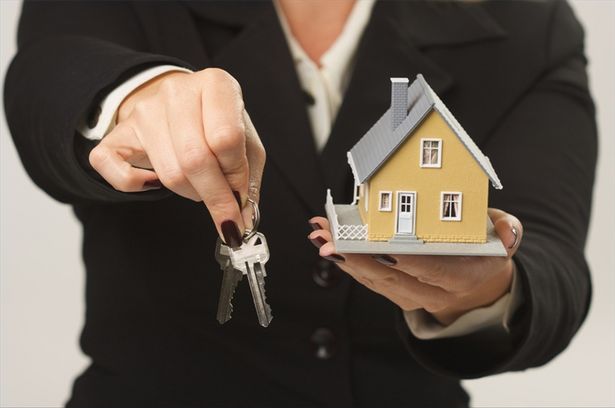To be a good landlord means building and maintaining safe, affordable housing and communities. When you’re a great landlord, tenants will see you as a lifesaver in the case of an emergency. You’re always on time for repairs and never cancel at the last minute. When you inspect a rental property, you do it thoroughly and professionally while still taking into account the tenant’s perspective.
Here are a few suggestions on what to do and not to do when you are managing a rental property as a landlord.

Learn national and local residential laws
Whether you are new to the landlord game or have years of experience, knowing your local and national laws is important. Laws can vary widely when it comes to renting out residential property.
In order to be both a good landlord and protect the investment you’ve made by buying a rental property, you should become familiar with state and local laws.
Know how to act professionally
The professional landlord or property manager knows how to act in any situation. They know that a tenant is not a customer. They have a difference of opinion about their responsibilities and the impact of these actions on the other party.
There are many ways, but the key here is to understand what actions will put your tenant out of control and cause potential problems.
Use residential applications to find the right tenants
Protect yourself by using an application that ensures you are renting to legitimate applicants and those who will pass a credit check.
It’s no secret that good tenants are hard to find. That’s why you need a clear, easy-to-follow application. By asking the right questions and screening thoroughly, you can avoid costly and time-consuming mistakes.
Look for ways to improve the property
Start by looking for simple ways to improve your property. A few smart investments, like a new mailbox or fresh paint, can leave tenants feeling more welcome and encourage them to take better care of your property.
Pay attention to comparable properties and rent fluctuations
It’s important to keep track of rents in your neighbourhood or across the entire area where your homes are located.
If your rents are not keeping up with the market, then you need to adjust accordingly to ensure long-term positive cash flow. You don’t want to overcharge on rent, but you also do not want to undercharge.
Get insured
A responsible landlord has comprehensive landlord insurance to protect not only themselves but their tenants too. It’s important that you don’t skip this step, as you could end up in very hot water with your finances if a claim is raised against you and you have no insurance.
Conclusion
In conclusion, it’s not too difficult to be a good landlord providing support to your tenants. Besides, you can get benefits, too. By protecting your tenants and dealing with them in a proper way, they will – in return – pay the rent on time, make sure not to damage your property, keep the property clean and tidy and give you no trouble at all.
In this way, as a landlord, you can build up a good relationship with your tenants, and you’ll both come to really trust each other, which is very important in any kind of business.
Leave a Reply